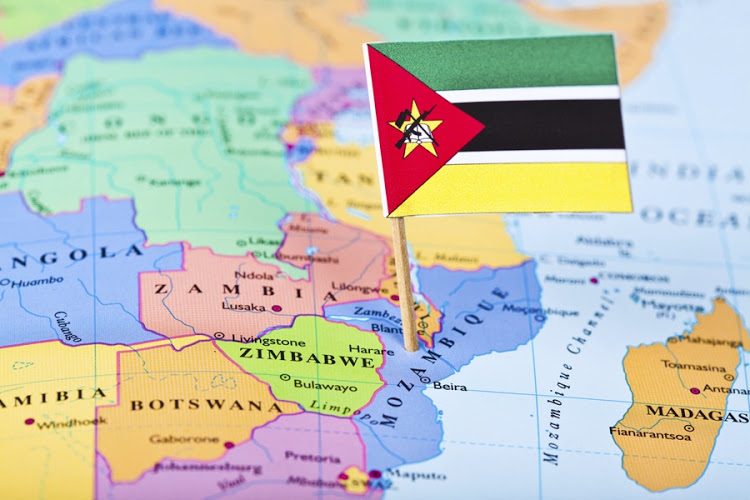Minister holds meeting with TotalEnergies country manager in Mozambique
Privatisations gain momentum in Mozambique but process will be lengthy – EIU

The privatisations that the government of Mozambique wants to carry out are a necessity stemming from the fragility of public finances, but the process will be lengthy due to the lack of technical preparation at state-owned companies.
According to an analysis by the Economist Intelligence Unit (EIU), the economic analysis unit of the British magazine The Economist, the privatisation program announced by the prime minister of Mozambique earlier this month stems partly from the need to raise revenue for the state’s fragile coffers.
“The government is in the midst of a liquidity crisis, and public companies, many of which had over-ambitious and debt-financed expansion plans during the Guebuza government, are a major drain on finances,” analysts write in the note.
The document, which was sent to investors and which Lusa had access to, also underlines that the sale of public companies “is also an effective way of weakening the networks of interests that run many of these companies,” and recalls that “[former] President Guebuza frequently used jobs, or contracts, in these companies as political capital, and in reviewing these companies, the government necessarily reviews the loyalty networks of its predecessor”.
These reforms, however, will take time. “Preparing public enterprises for privatisation will be complicated due to the indebtedness of these state-supported entities,” and since many are monopolies, “there is a whole raft of technical work to be done to create regulatory regimes in sectors that are not yet privatised,” the note reads.
The EIU recalls that this preliminary technical work was in fact carried out by the International Monetary Fund and the World Bank in the 1990s, “but in the absence of an IMF program the avenue for much-needed technical assistance is closed, which slows progress in the short term”.
Still, they conclude, “the government’s determination to reform the public sector will at least help in talks on a new assistance program with the IMF”.
In April, during a Ministry of Transport and Communication Consultative Council meeting, President Nyusi said that the country needed greater private sector involvement in air and land passenger transport.
The Mozambican state holds shares in about 60 companies. The government desire to dispose of these shares has been know for two years or more, but little progress has so far been made.












Leave a Reply
Be the First to Comment!
You must be logged in to post a comment.
You must be logged in to post a comment.